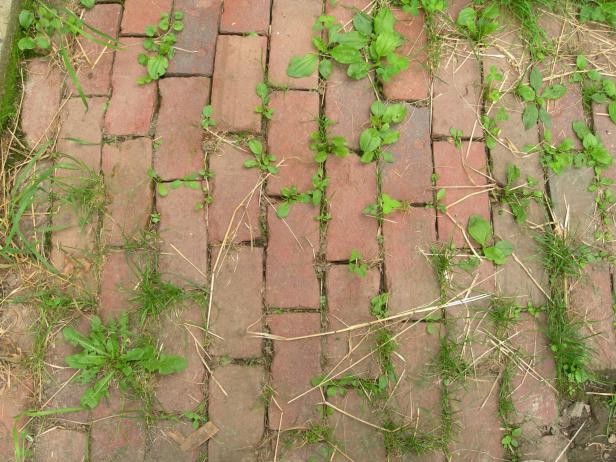When someone asks me what an editor does, I like to tell a story from my days as the editor of Pittsburgh Magazine in the late 1980s.
My publisher at the time was a bright, charming woman and very active socially. One Saturday night, she met a distinguished brain surgeon at a dinner party. Over the course of the evening, the surgeon regaled my publisher with story after story — the drama and intrigue of surgery, the tragic diagnoses, the miraculous successes, funny tales from the operating room, the ebb and flow of life and death.
He made quite the impression, apparently. I say this because on Monday morning my publisher called me into her office and informed me she’d “assigned” Dr. Raconteur to write a feature for the magazine, putting some of the tales he’d told at dinner down on paper.
I had one question: “Can he write?”
“Of course, he can write,” she responded. “He’s a brain surgeon!”
Silly me.
So, I followed up with “Dr. Anderson” the next day and went over the mechanics of turning in a story to the magazine.
“We’ve got you slated for the December issue,” I said. “So we’ll need the copy November 1st. Around 3,500 words or so.”
“Sure,” the doctor said. “That gives me six weeks to knock it out. No problem at all.”
“Great, I’ll check in with you around that time.”
You know where this is going, don’t you?
The good doctor did not have the story ready on November 1st, when I called.
“When’s the latest I can get this to you?” he asked. (Pro tip: When an editor hears this question from a writer, it means, “I haven’t started writing yet.”)
“No later than November 15th,” I said. “And that’s the drop-dead date.”
On the 15th, I got 6,000 words or so from Dr. Anderson. I say “words” because that’s what I got — anecdotes with no coherent organization, no beginning, no conclusion, just “stories” that read like they’d been dictated to a secretary. Which, I found out later, was exactly what he’d done.
I had no real backup plan to fill the space in that issue, and besides, my publisher had promised him he’d be in the magazine. So, I took the manuscript home and worked on it for two solid days, trying to give it some sort of structure, a narrative flow. Basically, I rewrote the damn thing from scratch, and we managed to get it into the December issue.
My publisher was delighted with the story. The doctor was also delighted, apparently choosing not to notice that what appeared in print under his byline bore very little resemblance to the word salad he’d given me.
Six months later, I was sitting with the publisher and my editorial staff around a dinner table at the William Penn Hotel. We were there for the Golden Quill awards, which annually honor the best journalism in Western Pennsylvania.
You know where this is going, don’t you?
When it was announced that Dr. Anderson’s riveting tales from the operating room had won Best Magazine Feature, the editorial staff’s eyes rolled so hard you could hear them click in their sockets. I pasted on a smile and went to the podium. When I returned to our table after accepting the award, my publisher, who knew what I’d been through with the doctor’s story, laughed and said, “See, I told you he could write.”
And that’s basically the life of an editor: You work in the weeds and try to help your writers produce better stories. It’s a collaborative gig, and I’ve loved it for almost 40 years.

Okay, you probably don’t know where this is going, but good editors know when to cut to the chase: I’m retiring as editor of the Flyer soon. I’m not leaving the paper or the company, but I think it’s time for me to step off the editor’s weekly treadmill while I’m still younger than most leading presidential candidates. We’ll be conducting a search for the next editor over the next few weeks. Experienced only. Must have a feel for the city, know how to lead a great staff, and have a way with words — their own, and others’. Stay tuned.
I plan to continue writing a weekly column for the Flyer (and occasional features) and also to do some writing for Memphis magazine. I’m just leaving the 40-hour grind — and any future Dr. Andersons — to my successor.